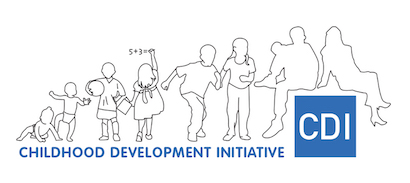December 9, 2014: Homelessness campaigner Fr. Peter McVerry has encouraged greater use of Restorative Practices, as a measure to tackle homelessness.
Speaking at the launch of two Restorative Practice reports in Dublin today, Fr. McVerry said that greater use of restorative practice in disadvantaged families, communities and in schools would help to prevent homelessness.
“Homelessness is often caused by breakdown in community and family relationships, when one party has to leave and has nowhere else to go. Restorative Practices can help to equip people with better skills to address these conflicts and avoid the worst outcomes.”
Restorative Practice involves training and supporting people with specific skills to be better equipped to talk about and resolve conflict. Its focus is on restoring relationships that have broken down, rather than punishment and exclusion.
Fr. McVerry called for a national network of Restorative Practice Centres across the country which could intervene and deliver training and support in communities and families where there are signs of difficulties.
In developing the approach further, he highlighted the need for an emphasis on training and quality.
“We know that Restorative Practice is far more successful than a punitive approach to overcoming relationship problems. It is very important that the people who deliver it are highly trained and resourced. Being an effective trainer and facilitator must be recognised as a highly skilled and complex job,” he said.
Fr. McVerry welcomed today’s launch of two new Restorative Practice reports, an all-Ireland ‘Quality Assurance Framework’ for organisations and practitioners and a guide on ‘Implementing Restorative Practice programmes in communities’.
Also speaking about the launch was one of Ireland’s leading trainers and facilitators, Jim McGrath, who said that the greatest benefits could be achieved by introducing a restorative approach to children as young as four.
“Traditionally the approach has been seen as appropriate for adults who are already in situations of conflict, however I think the best use of Restorative Practices is to introduce it as early as possible, working with Primary Schools. There are already many effective examples of this across the country.
“If young children growing up in disadvantaged communities, or families learn to talk about conflicts and taking a restorative approach to addressing problems, they will be much less likely to run into difficulties in their teenage years.”
Chairperson of the Restorative Practices Strategic Forum (RPSF) Marian Quinn said the Quality Assurance Framework was “designed to provide clear, practical information and encourage and support individuals and organisations to achieve high-quality restorative practice consistently for the benefit of all.”
She also welcomed the community implementation guide which would provide very useful guidance for other communities seeking to embed restorative practices across the country.
The documents launched today include:
1. Towards Excellence in Restorative Practice: A Quality Assurance Framework for Organisations and Practitioners. It was developed by the RPSF, all ill-island group set up to promote and develop restorative practices in the Republic and Northern Ireland. The report is available on the Forum’s website at http://www.restorativepracticesireland.ie
2. A Community-Wide Restorative Practices Programme: Implementation Guide. This was developed by the Childhood Development Initiative (CDI) which has been delivering a community based restorative practice programme in Tallaght West since 2010. The report is available at www.twcdi.ie
Further Information
Ronan Cavanagh, Cavanagh Communications: (086) 317 9731





